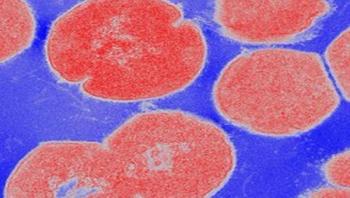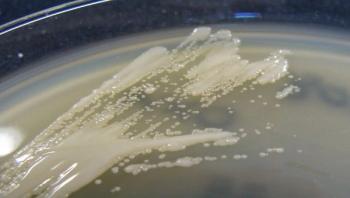
News






Last year, the U.S. witnessed its first case of the Ebola virus disease (EVD). As healthcare workers and civilian volunteers returned from West Africa to the U.S., questions surrounding how to evaluate and address EVD-related risks quickly came into focus-ranging from public health exposure to clinical practices inside hospitals.



Tests that can distinguish whether HIV-positive people are infected with a drug-resistant strain or a non-resistant strain allow patients to get the most effective treatment as quickly as possible. In the November edition of the Journal of Molecular Diagnostics, a team of Brown University researchers describes a new method that works faster and more sensitively in lab testing than the current standard technologies.












The most severe Group A Streptococcus (strep) infections are often the work of one particularly nefarious strain known as M1T1, named in part for the type of tentacle-like M protein projecting from the bacterium’s surface. While many previous studies proposed ways M1 might contribute to strep virulence, researchers at University of California, San Diego School of Medicine and Skaggs School of Pharmacy and Pharmaceutical Sciences have uncovered a new explanation that may trump all others: M1’s ability to hold off antimicrobial peptides - natural antibiotics that comprise one of the immune system’s front lines of defense.







Acinetobacter baumannii can cause serious healthcare-associated infections (HAIs) and the incidence is increasing, with many strains now resistant to multiple antibiotic classes. The aims of this study by Ellis et al. (2015) were to examine factors associated with HAIs caused by antimicrobial-resistant as compared with antimicrobial-susceptible strains of A. baumannii and to investigate trends in the incidence of resistance over time.
